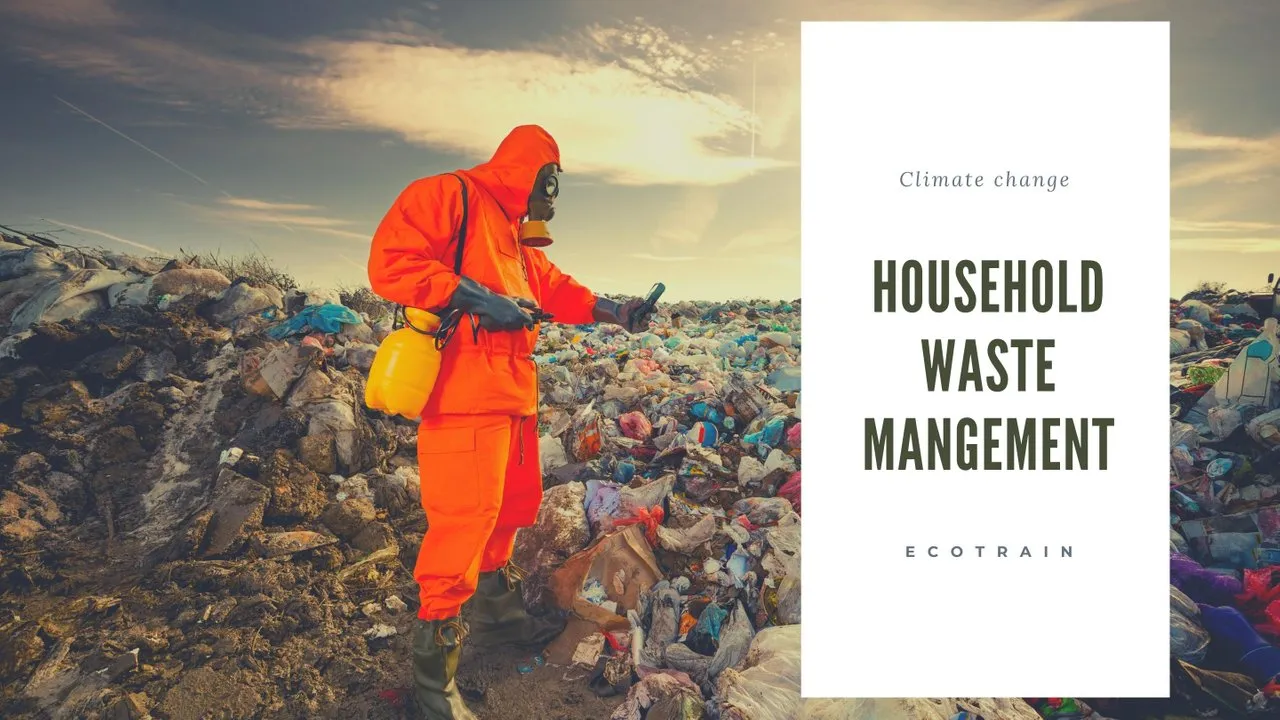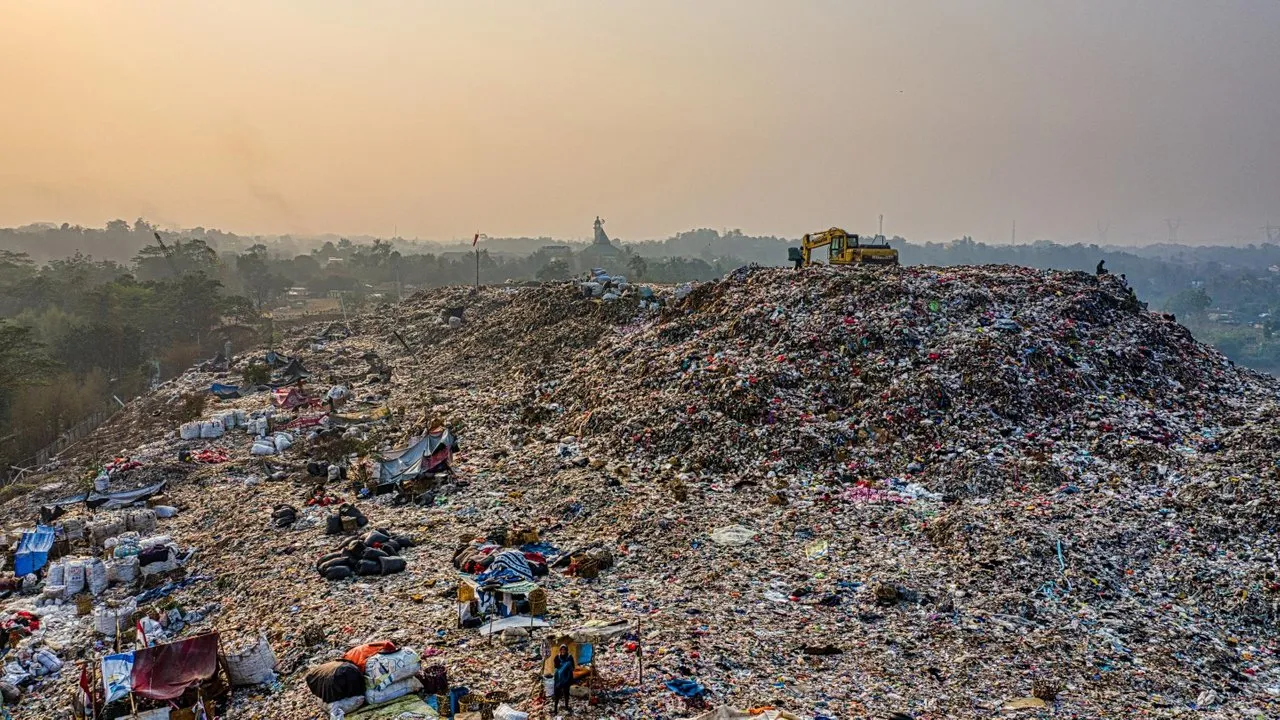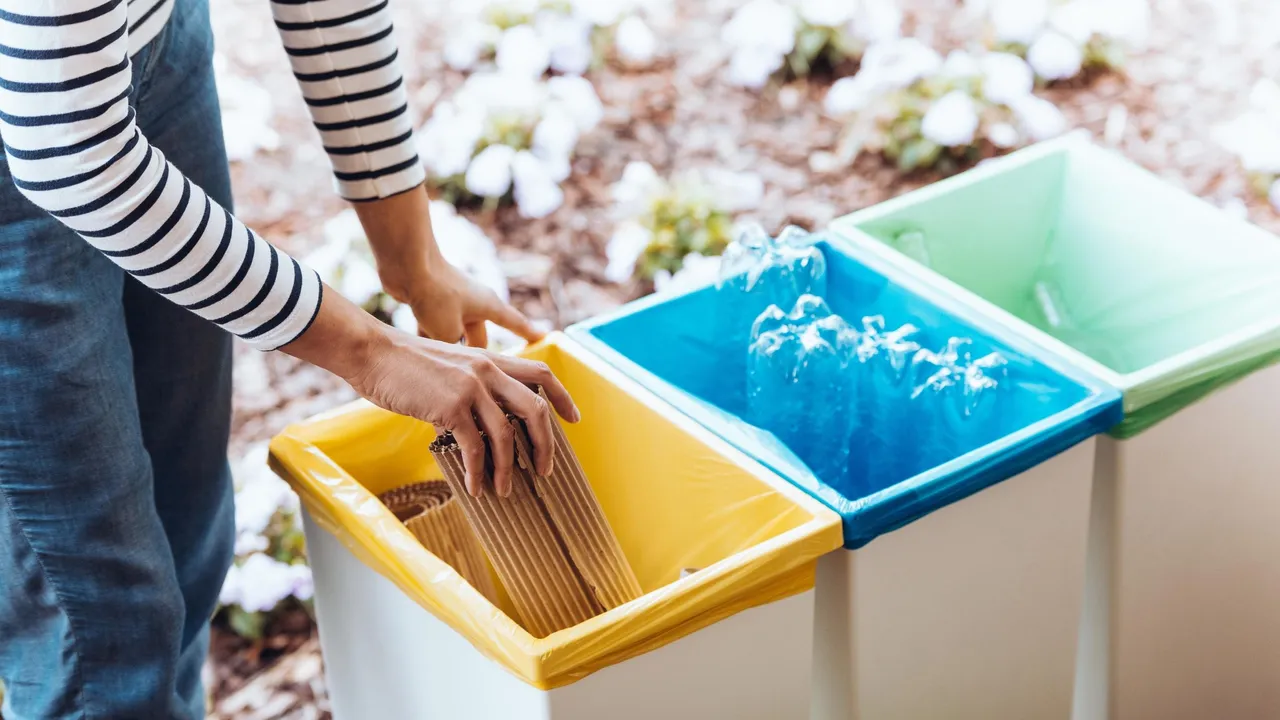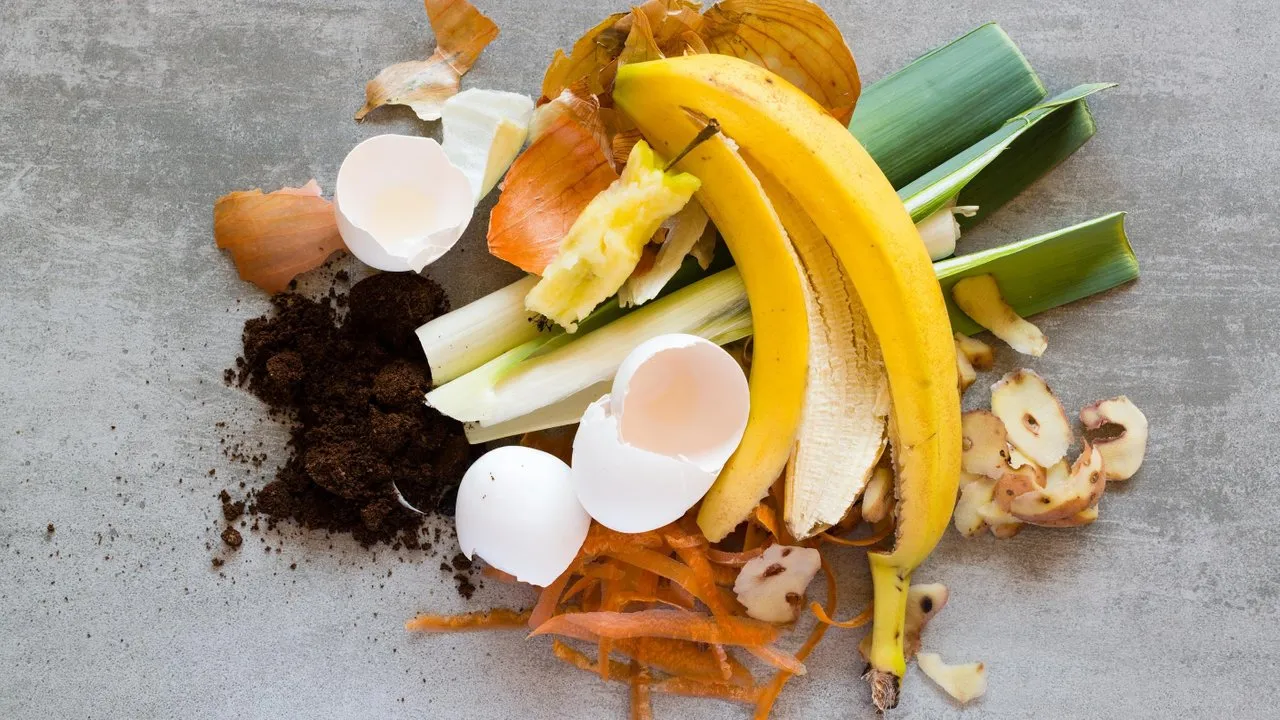Faced with the question of what we need to do to protect the environment and mitigate climate change, I believe that every person, even a 6-year-old child, can name many actions that we can take to create positive change to our living environment. Yes, the education and propaganda that can be found everywhere on the news and the internet has given us a relatively sufficient knowledge about the effects of climate change and the measures to limit it, from individual actions to macro-calls. We all know that it is necessary to protect forests, to plant more trees, to limit waste, to eliminate industries that pollute the environment. However, the question is why we have dozens of measures but the ability to implement and apply them is very limited and the number of people committed to implementing those measures is not many. In my opinion, we need to consider whether the actions we are directing people to follow are really appropriate for each person's life situation. Will people living in the crowded city be able to plant more trees when the land where they live becomes increasingly scarce? Will the people whose livelihoods depend entirely on logging be able to stop their jobs and leave their families in danger. I know that these are all our excuses for our current actions but if we were put in a situation where we had to choose, I believe we would choose the more comfortable solutions, even though it may have adverse effects on our future. So when I think about this week's question, what I'm looking for is what action everyone can take regardless of their circumstances, and my answer is the management of household waste.
It can be said that what is in our trash bin is how we communicate with our environment. The first thing I would ask everyone to do is look at your trash bin every day and imagine that 7.9 billion people (this is the population of the entire world in 2021) are disposing the same amount of trash as you do, let see how much waste we produce every day, it's really huge. I believe that the action of observing your daily waste will somehow help us to raise our awareness about how much we are filling our living environment with waste.
After looking at the daily amount of waste, I hope every one will take a closer look and see what's in your trash bin, hopefully you don't mix organic waste with recyclables. Each type of waste will have a different treatment, I believe everyone will know about this, sorting garbage will make the garbage treatment process easier and more efficient. Sorting garbage before discharging is a fairly simple and effortless job, but it really brings significant benefits to our environment.
And don't think that garbage is all trash, we can reuse them in many way. Food scraps, vegetable or fruit scraps and eggshells are all things that can help bring fertility to your garden. Plastic boxes can become plant pots or a toy. Depending on your imagination and creativity, things that seem like garbage will be useful again. And also don't forget to let the recyclables be recycled as their name suggests. By this way we are significantly reducing the amount of our waste into the environment.
I believe that managing our own household waste is within everyone's reach and we can absolutely do it right away. Our small actions can completely contribute to limiting the negative changes of the environment and climate. Let's do it together and don't forget to share your waste management experiences with others and its benefits to yourself and the environment.
Thank you for reading my post!




